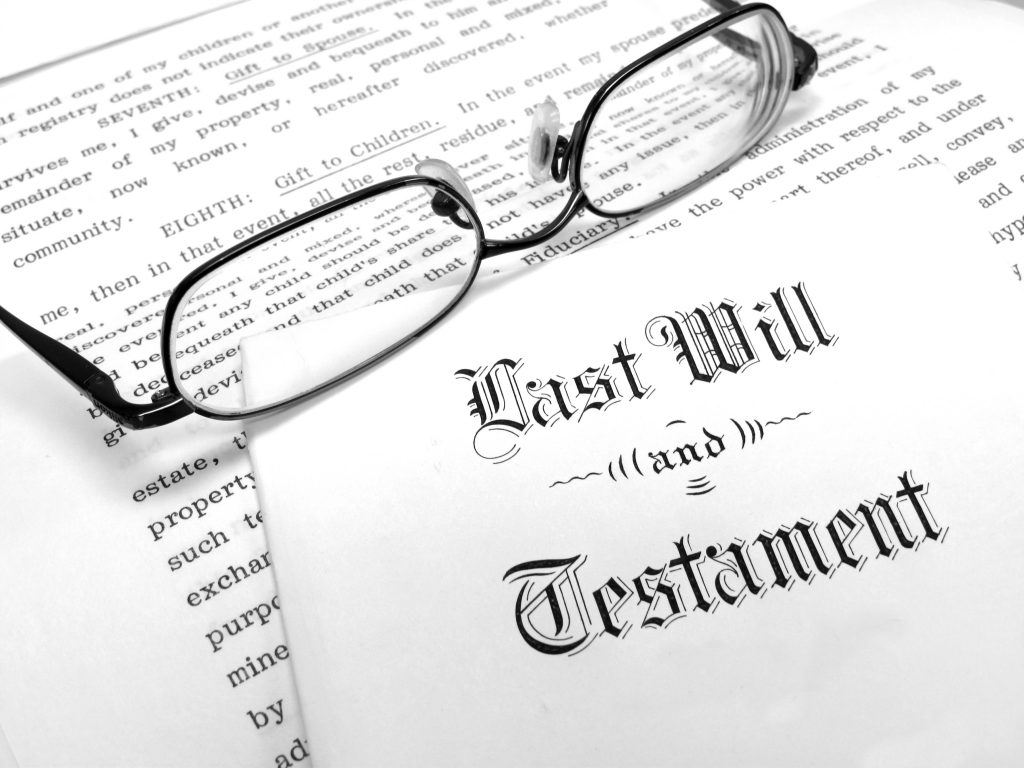A will is testamentary document, meaning it is only effective after death. A will’s role in probate is to make your wishes known about how your assets (your “estate”) will be handled after your death. One of the most important things that your will should do is appoint who will be responsible for finalizing your estate (or “executor”). Your will should also direct who gets your estate and how they get your estate. You can set conditions for receiving gifts and create trusts for your beneficiaries with your will. You can also waive the need for your executor to have a bond, which is insurance to protect your estate from any wrongdoing that your executor might do. In Texas, we have what is known as an independent administration, which is where the executor is allowed to finalize your business without the court looking over his/her shoulder. In your will, you can request that your executor be allowed to have an independent administration, which will help reduce expenses.
Many believe that having a will will help you avoid probate. This is a big misconception! A will is specifically designed to be probated and will not be an effective document until it goes through probate. Many often ask, if having a will does not help me avoid probate, what is the point of having a will at all? There are many reasons, but one of the chief reasons for having a will is to help streamline the process and reduce expenses.
If you die without a will (or die “intestate”), you cannot choose who will inherit your estate . Instead, Texas has a will for you and your estate will be divided according to Texas law. You may be surprised who will inherit from you if you let Texas law decide. Also, your estate could be tied up in a lengthy probate process involving a court-appointed attorney, filing fees, and a court hearing—all paid for with money taken out of your estate.
Things can be extra complicated without a will for those with blended families. If you are married and die without a will, your estate will be divided under state law depending on whether the property is classified as separate (property acquired before marriage or by gift/inheritance) or community property (property acquired during your marriage). Separate personal property (like cash, furniture, vehicles, etc.) will go 2/3 to the children and 1/3 to the surviving spouse. Separate real estate (like your home, family farm, etc.) goes equally to the children, but the surviving spouse gets a life estate in 1/3. A life estate is a right to the property that would allow a surviving spouse to occupy and use the property and terminates only upon the surviving spouse’s death. Community property goes to the surviving spouse, unless there are children from outside of the marriage, then the children get the deceased spouse’s share of the community property. When there are children outside of the marriage, the surviving spouse will retain his/her half and share ownership with their spouse’s children. This can be especially troubling for families that are not on good terms.
The probate experience is very different when you die with a will (or die “testate”). Court fees, attorney’s fees, and time requirements are usually reduced when you have a will. Save your family from headache, some money, and time and make sure to sign a will that divides your estate in the way you want.

